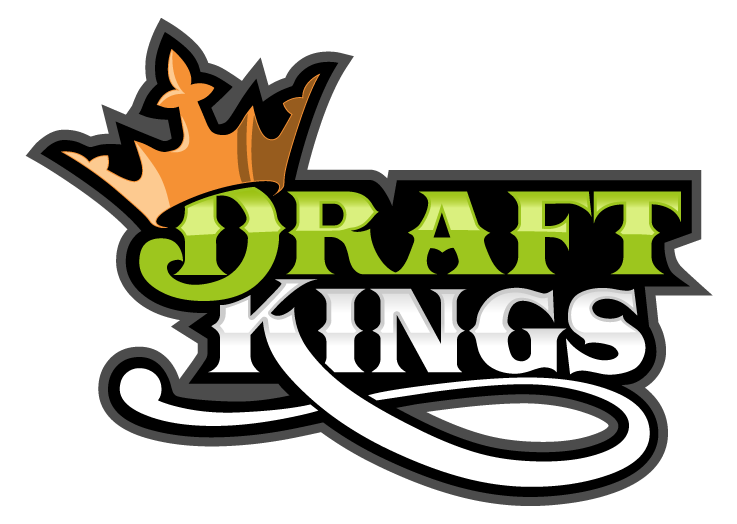Are fantasy sports sites a veiled form of online gambling and, if so, should action be taken against them? These questions have been debated since it was officially declared by the Unlawful Internet Gambling Enforcement Act of 2006 that online fantasy sports were not formally considered online gambling, but were instead viewed as a game of skill.
This debate has taken new life since it was revealed earlier this month that an employee of DraftKings, a fantasy sports site, won $350,000 in a weekly NFL contest on rival sports site FanDuel.
The controversy stems from whether the DraftKings employee possibly used the early release of lineup information from his own site to unfairly win the competition on FanDuel. DraftKings has defended themselves by claiming the whole situation was an accident in a statement released by a spokeswoman for DraftKings. The idea of their employee conducting himself in an illegal manner was vehemently denied.
“It is entirely predictable that the government would follow up on the misleading reports about our industry,” the spokeswoman for DraftKings said. “We have no knowledge of the specifics of any federal investigation, but strongly disagree with any notion that our company has engaged in any illegal activities.”
Both DraftKings and FanDuel argued that the employee who won the $350,000 did not benefit from having access to the leaked data. Each company has also launched their own formal investigations because of the accusations.
In spite of the companies’ efforts at damage control, the future of online fantasy sports is now uncertain. On Oct. 14, The New York Times reported that the U.S. Justice Department and the Federal Bureau of Investigation have started their own investigations into the manner in which daily fantasy sports sites conduct business and as to whether or not these organizations have violated any federal laws.
Since DraftKings is based in Boston, Mass., agents from the F.B.I’s Boston office have been contacting participants of DraftKings to ask them about their experiences with the sports site. These agents are also looking into whether or not players from states where online sports sites are prohibited were allowed to participate in the online competitions.
On Thurs., Oct. 15, the Nevada Gaming Control Board made a ruling which declared online fantasy sports as a form of “sports betting.” As a result, both DraftKings and FanDuel blocked residents in Nevada from participating in their competitions. Nevada is now the sixth state in the U.S. where online sports sites are officially illegal. Now, in order for people in the state of Nevada to participate in DraftKings or FanDuel, the websites have to be licensed by the state and legally classified as sports gambling companies.
Both sites are fighting to get the decision overruled and FanDuel has expressed their disappointment in the Board’s ruling.
“This decision stymies innovation and ignores the fact that fantasy sports is a skill-based entertainment product loved and played by millions of sports fans,” said FanDuel.
Even if these companies fight the ruling, the situation has to make people wonder if online sports sites are just another way of gambling. “Sports betting” is defined as the act of predicting sports results and placing a wager on the outcome. Depending on whether or not you are correct in your prediction, you obtain or “win“ money.
On DraftKings and FanDuel, as well as other sports betting sites, fans choose a virtual team made up of real players and place bets on whether or not their fantasy team will win. The winner is determined by the players’ real-world statistics on the field.
It may require some skill to play the game, but it is still a game where the outcome is determined by chance. Hopefully, this whole controversy will cause government officials to reevaluate the notion that daily sports fantasy sites should be exempt from the rules of the Unlawful Internet Gambling Enforcement Act of 2006.
Gambling is a detrimental aspect of modern society that causes people to become addicted to the point where they constantly throw away their money. Some people spend so much money on gambling that it ends up putting them in debt and can even result in their families being evicted from their homes.
Some argue that people should have the freedom to gamble if they want to, but why would you risk losing money you need for the sake of earning some easy profit? Whether you are playing slots at a casino or playing on an online sports site, putting your money on the line in a game of chance is gambling and people should be persuaded against partaking in it.
In our struggling economy, people need to realize that gambling does not benefit them as much as it does for the maestros of the gambling organizations. If the controversy and subsequent action taken against online sports sites results in a major hit in the gambling world, it may have been worth it that someone decided to take a major gamble.




